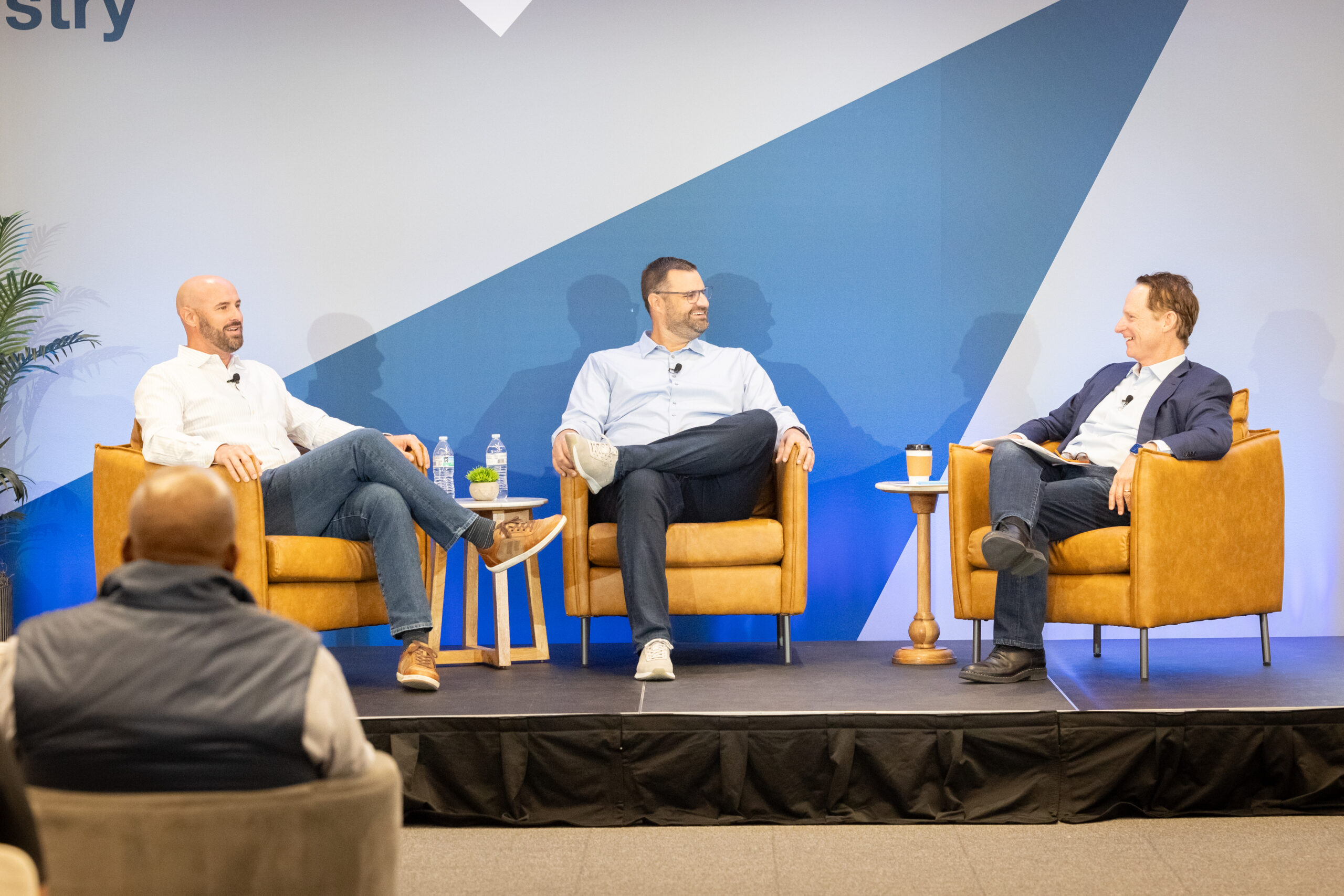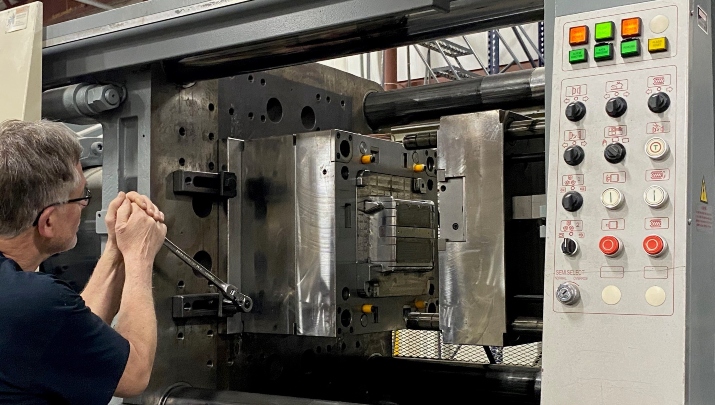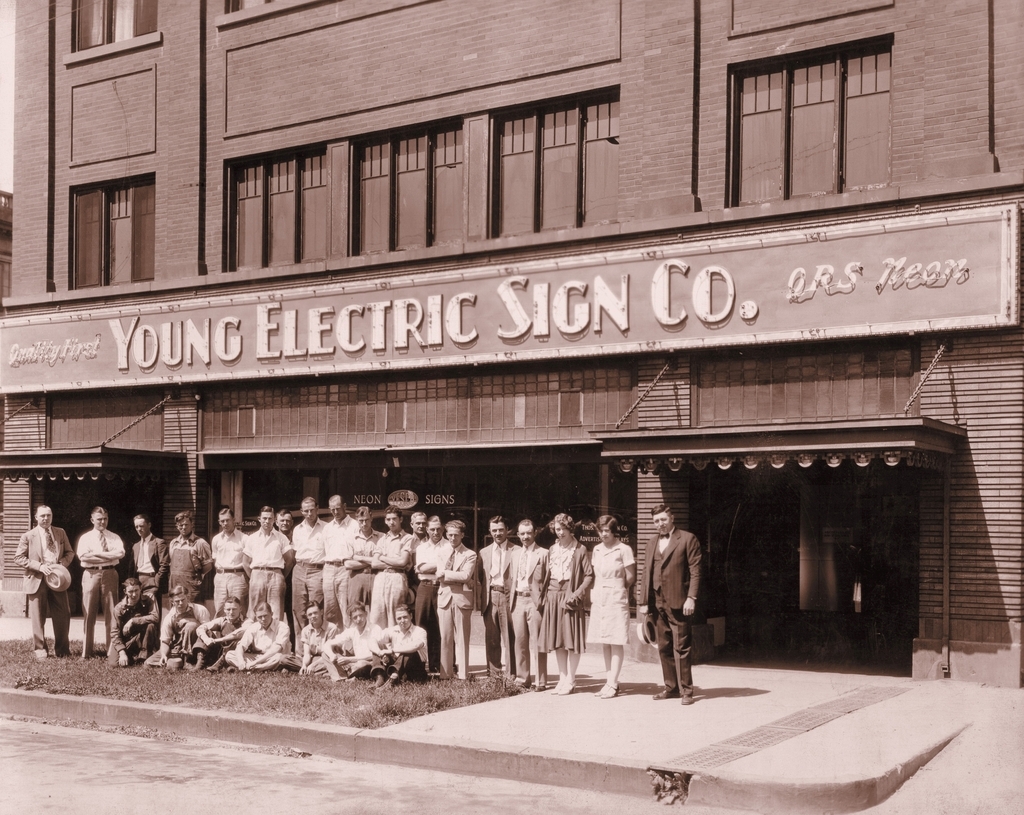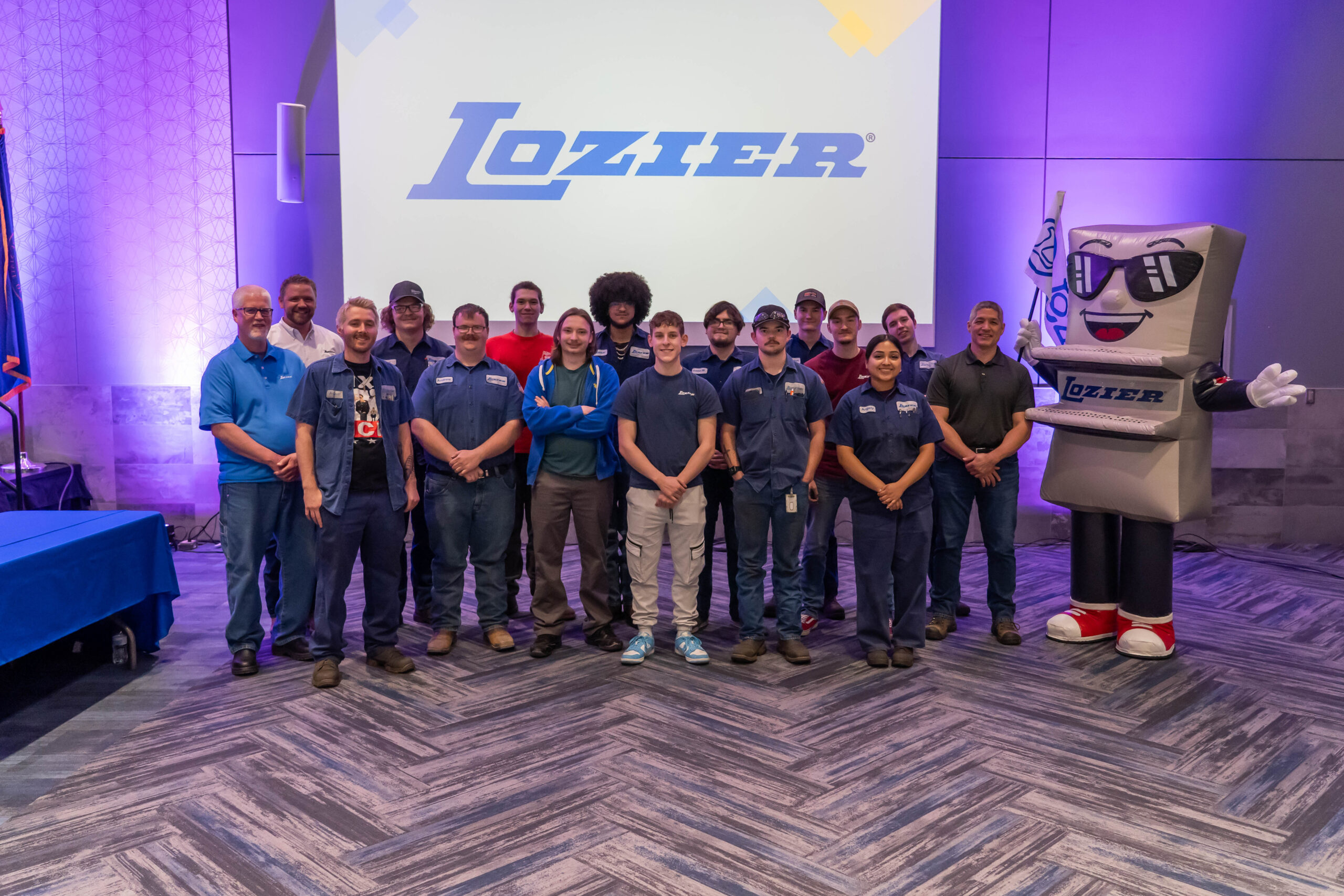

How My Scars Led Me To The Evergreen Path
- John Duffy
- 3Cinteractive
My journey to creating an Evergreen company began at MCI. Although it was a multibillion-dollar company, it operated like a startup, competing against industry giants such as AT&T in a David vs. Goliath environment.
It was the perfect starting point for me. My father, a career FBI agent, had told me that I was unlikely to ever join the bureau. But a friend of his, who worked in pharmaceuticals, told me I’d make a great salesperson. MCI gave me the chance to hone my sales skills, but after a few years I realized that to truly grow into a leadership position, I’d have to move beyond my MCI cubicle.
So when the opportunity arose to join a startup that was building an internet billing company, I jumped at the chance. This was 1995, when people were still skeptical of handing over their credit card details online. We had an innovative third-party solution, and our company, iBill, was an instant hit with revenues to match.
The company was a balance sheet success and grew to be a fairly large business, but when it was sold in 2002 after the dot.com crash, I didn’t have the big payoff that I’d dreamed about and felt the whole experience had been unsatisfying. Amazingly, although I was a founding member of the team — I had provided seed money and hired the team — I had less than 1% on exit.
It came as little surprise to me that two years after InterCept bought us, our company essentially went out of business. The experience was a lost opportunity. We could have been PayPal, but it never came to fruition.
The problem was, finances aside, we were not building a sustainable company. Instead of focusing on careful growth, we paid absolutely no attention to our customers and served every single dark corner of the internet. To keep up with the explosive growth of the internet, we made bad decisions in every area of the business — strategy, HR, execution, clients, etc. The upside: I learned a lot about a growth-at-all-costs mentality.
The company’s demise left me with plenty of scar tissue. It’s not a company I look back on fondly. I was determined to make sure the mistakes we made wouldn’t go to waste.
In 2007, we launched 3Cinteractive, a mobile consumer engagement platform that helps our clients build more profitable relationships with their consumers. To avoid past mistakes, I built my company around three main principles.
First, it would be sustainable. The business would take on little debt and have few investors. My partners and I would own it and be able to make all of the decisions.
Second, I wanted to focus on doing something important for world-class clients. At iBill, we had taken on any client we could get (embarrassingly most of them ended up being porn sites) rather than making sure we had a core group of reputable business partners. Now we proudly call Walgreens, Disney and Best Buy our clients.
Finally, and most important, I wanted to support and nurture my employees. After iBill’s sale, it was the staff that lost out the most, and I wanted to build a learning culture where I could work with great people and treat them fairly.
It hasn’t all been smooth sailing at 3Ci, and that’s when our principles have mattered the most. Bad experiences, market downturns, ill-advised hires and miscalculations could have killed us if we had not lived by our principles. They have guided our decision-making and helped our company achieve greater success for all of us.
They also have given voice to our employees and stakeholders at important junctures. For example, when we were deciding to take on modest debt, our employees rightly questioned how this move would create customer value and opportunities for greater returns, and not put our business at unnecessary risk. That debt has since been paid back.
We encourage these kinds of discussions because they mean our employees have a sense of ownership and are growing along with the company. When I see our employees with stacks of books on their desks to further educate themselves, I love their aspiration and strive to help them in every way I can.
The lessons I learned from my first failure have helped build a strong culture, and we hope that by continuing to follow the Evergreen path, we will make good decisions and build a long lasting, principle-driven company together.
John Duffy is the Founder and CEO of 3Cinteractive.
More Articles and Videos

Fireside Chat with Dave Thrasher, Dan Thrasher, and Dave Whorton
- Dave Thrasher, Dan Thrasher, & Dave Whorton
- Supportworks and Thrasher Group

Get Evergreen insight and wisdom delivered to your inbox every week
By signing up, you understand and agree that we will store, process and manage your personal information according to our Privacy Policy






